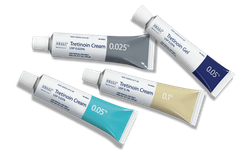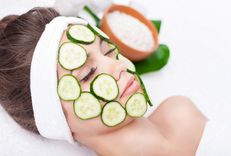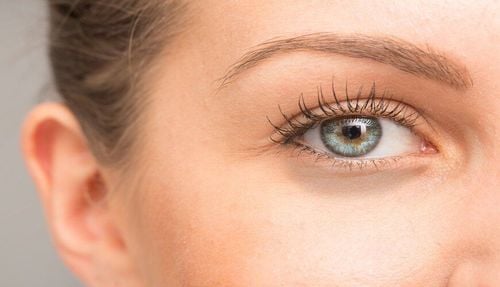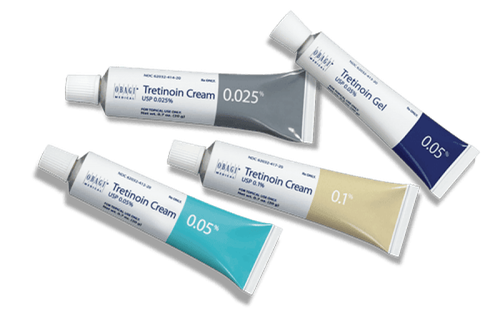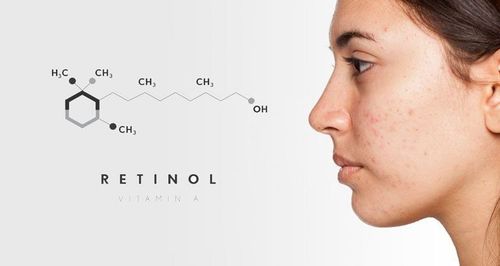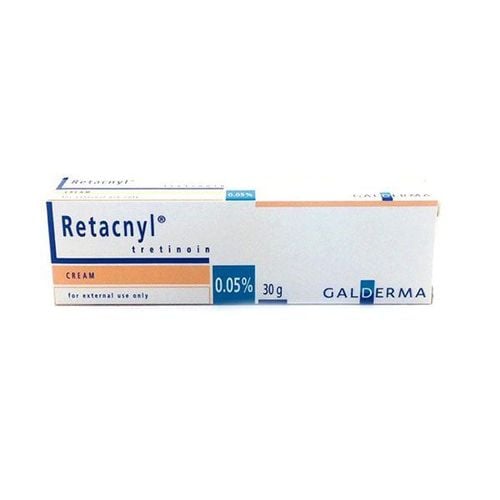Niacinamide in cosmetics is a powerful ingredient for both moisturizing and brightening the skin. However, when used at high concentrations in skin care formulas, niacinamide can cause skin irritation. Therefore, choosing to use low concentrations of niacinamide or vitamin B3 (1-2%) is suitable for skin care, avoiding side effects, because overuse can cause redness or dermatitis.
1. What is Niacinamide in Cosmetics?
The body can absorb niacinamide or niacin, a metabolite of vitamin B3, from everyday foods such as eggs, milk, beans, fish and green vegetables. At the same time, the body can also use excess niacin to create this vitamin or convert tryptophan into niacinamide.
In addition to food sources rich in vitamin B3, the body can also receive both niacinamide and niacin topically through the use of some cosmetics, non-prescription or prescription skin care products, such as shower gel, shampoo, lotion, hair conditioner. This is an essential nutrient as well as a basic ingredient in common cosmetics, providing smooth skin and shiny hair.
2. Is Niacinamide Good for Cosmetics?
There are many reasons for the presence of niacinamide in skin care and beauty products. Basically, this is a popular ingredient used to treat skin conditions, from wrinkles and crow's feet to acne and redness, while improving the appearance of the skin. Even better, this B vitamin is easily absorbed by the skin, meaning niacinamide works effectively as a topical skincare ingredient with specific benefits such as:
Builds and strengthens the lipid barrier and locks in moisture
Regulates oil and may help prevent acne
Enhances the skin's ability to protect against environmental damage
Improves sun damage
Minimizes the appearance of pores
Minimizes the appearance of acne and redness
Supports the treatment of skin aging such as hyperpigmentation and wrinkles
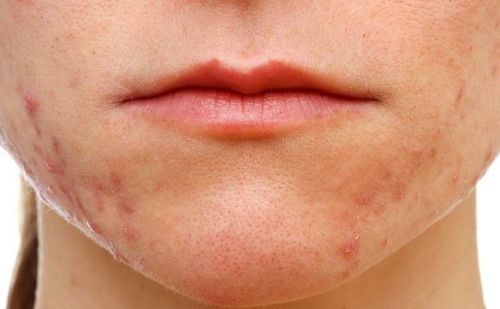
3. What are the side effects of niacinamide?
In skin-soothing cosmetics and products, niacinamide is on every ingredient list. Its role as an antioxidant and an anti-inflammatory has been shown to help reduce redness on the skin. However, the side effect of redness can sometimes be encountered when using niacinamide.
In some other cases, especially on people with sensitive skin, niacinamide can actually irritate the skin. While in some individuals, this is an extremely soothing ingredient, reducing dry skin. Niacinamide has been noted to cause facial flushing, especially in sensitive areas such as the cheeks and nose, around the eyes, including redness, itching, stinging or burning, and severe allergic dermatitis. When these symptoms occur, users need to remove the product from the skin immediately by rinsing with plenty of clean water under running water.
The cause of side effects when using niacinamide is due to using it at high concentrations. At the same time, another cause that needs to be recognized is that users use too much, also known as overuse. (However, observers also do not rule out the possibility of another ingredient causing skin irritation.) The mechanism of irritation is that when the body absorbs high levels of niacinamide, it will increase the concentration of histamine in the serum, causing allergic reactions in people who are prone to skin allergies.
Accordingly, if you have had skin allergies before, choose a vitamin B treatment regimen through daily foods or oral route, instead of using topical cosmetics.
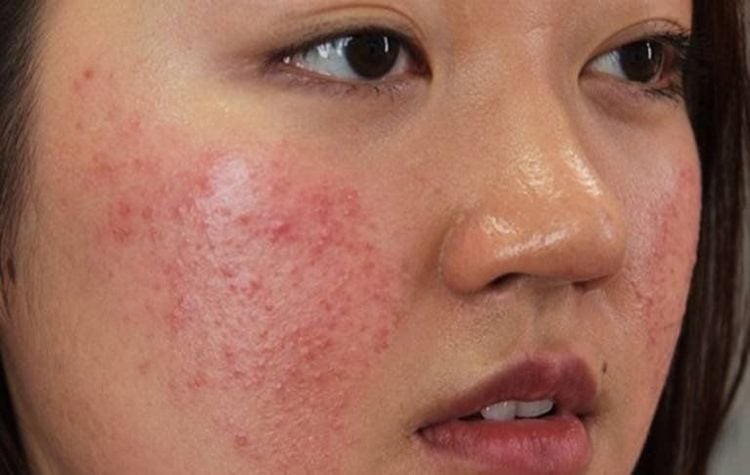
4. How to use niacinamide in cosmetics?
In addition to looking for food sources of vitamin B3, topical niacinamide products can also be an effective addition to an anti-aging skin care routine. Studies have observed skin benefits with niacinamide in cosmetic concentrations of 2 to 5%, so look for products in this range. Higher concentrations of niacinamide in cosmetics may provide more benefits but may cause side effects, depending on your skin type.
There are many cosmetic and topical products that contain niacinamide, including cleansers, moisturizers, eye creams, toners, and even niacinamide serums. While initial use of niacinamide may cause some unwanted irritation, this will become more apparent in a moment, it is important to follow the directions for using products with this ingredient. If your skin is particularly sensitive, you should consult a dermatologist about these products before using them.
In short, niacinamide is considered an essential nutrient for the beauty of skin and hair. However, we should not overuse it, because this can cause negative reactions to the skin and hair.
Actively visit the Vinmec International General Hospital website for more information on skin care and health for each age.
To arrange an appointment, please call HOTLINE or make your reservation directly HERE. You may also download the MyVinmec app to schedule appointments faster and manage your reservations more conveniently.
Reference source: webmd.com - allure.com - byrdie.com - self.com